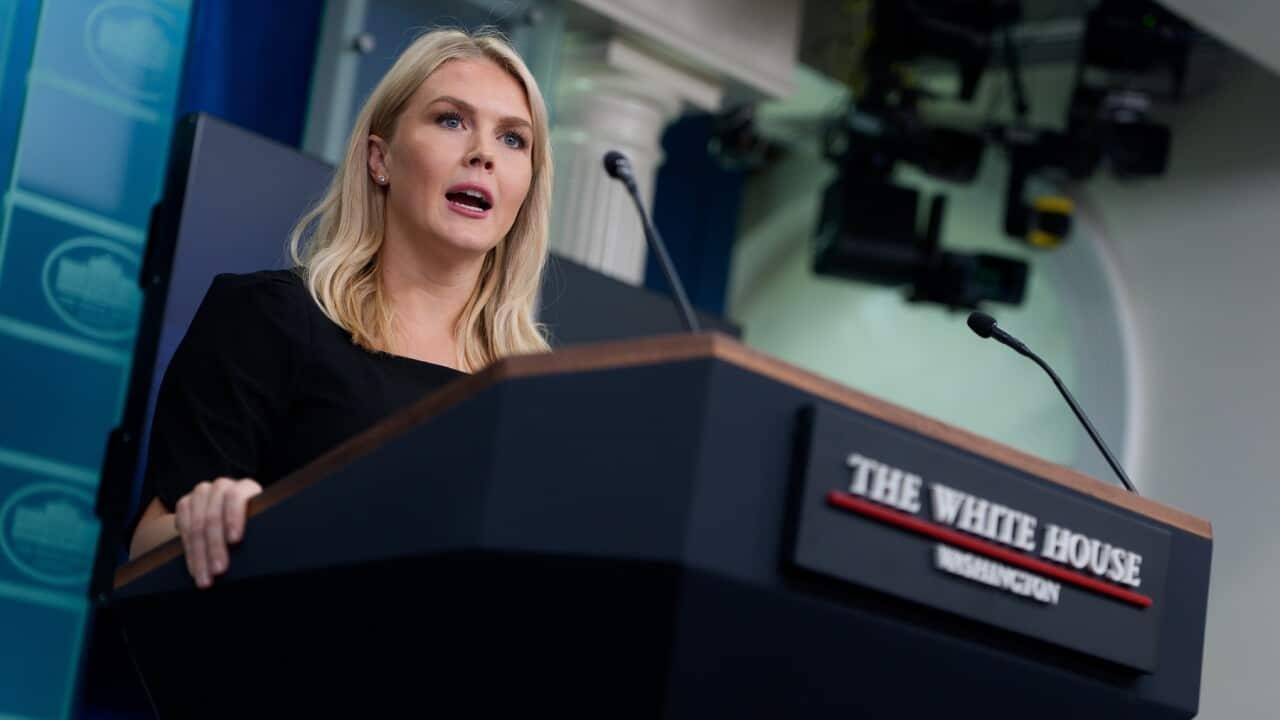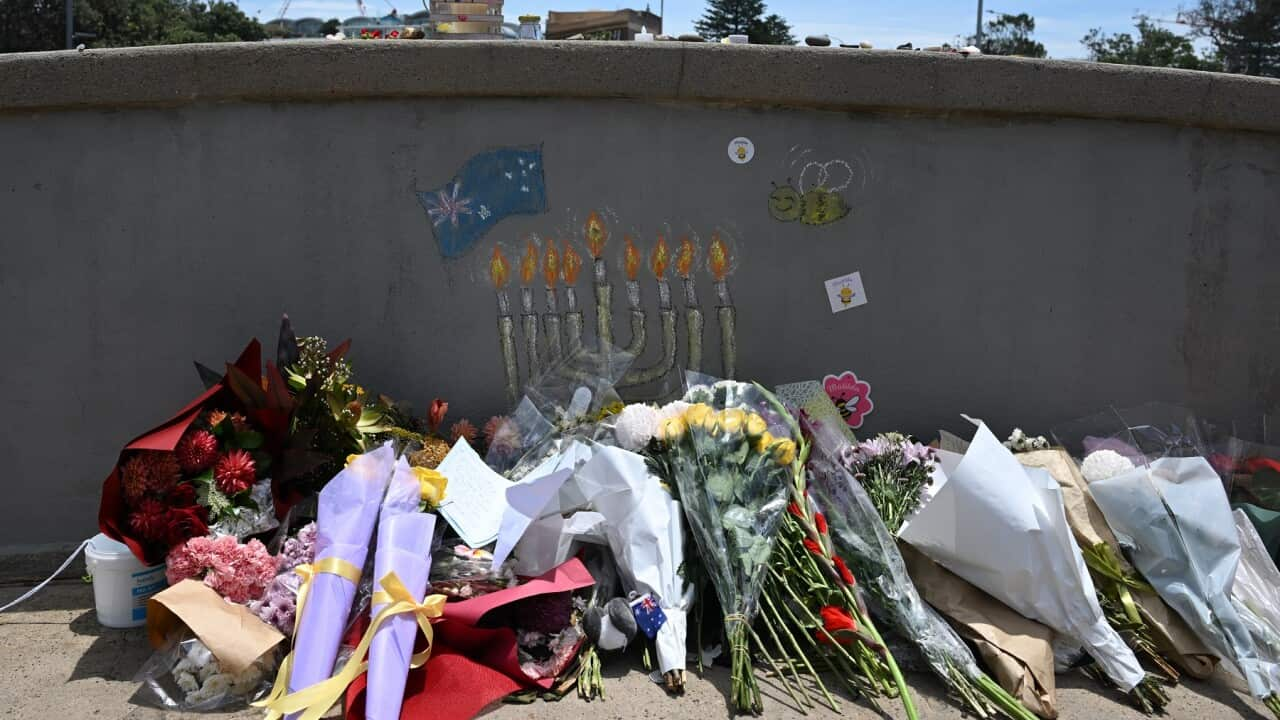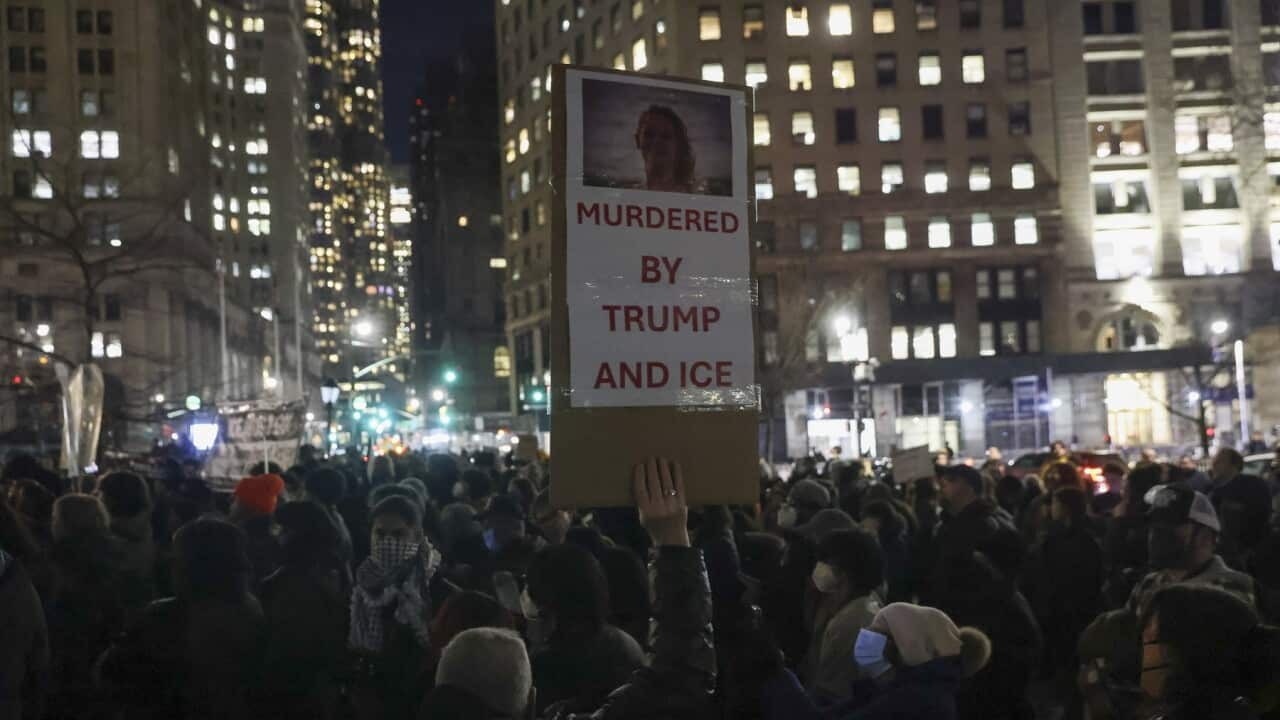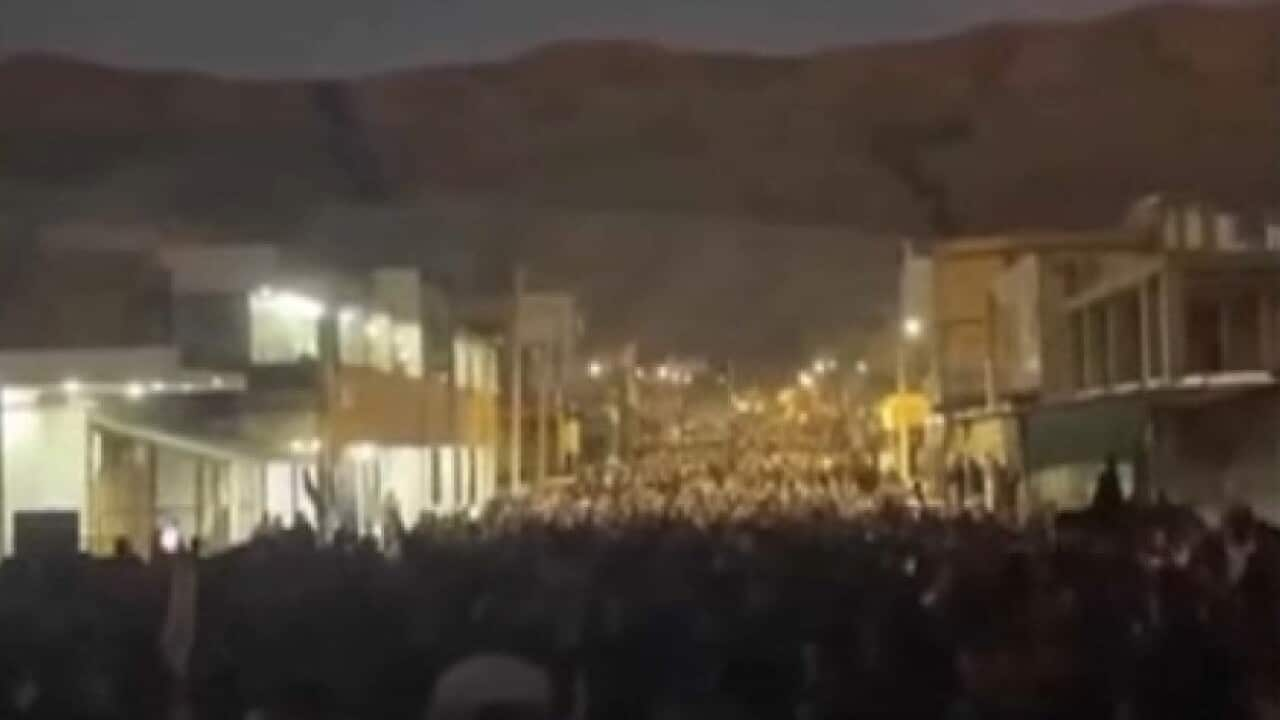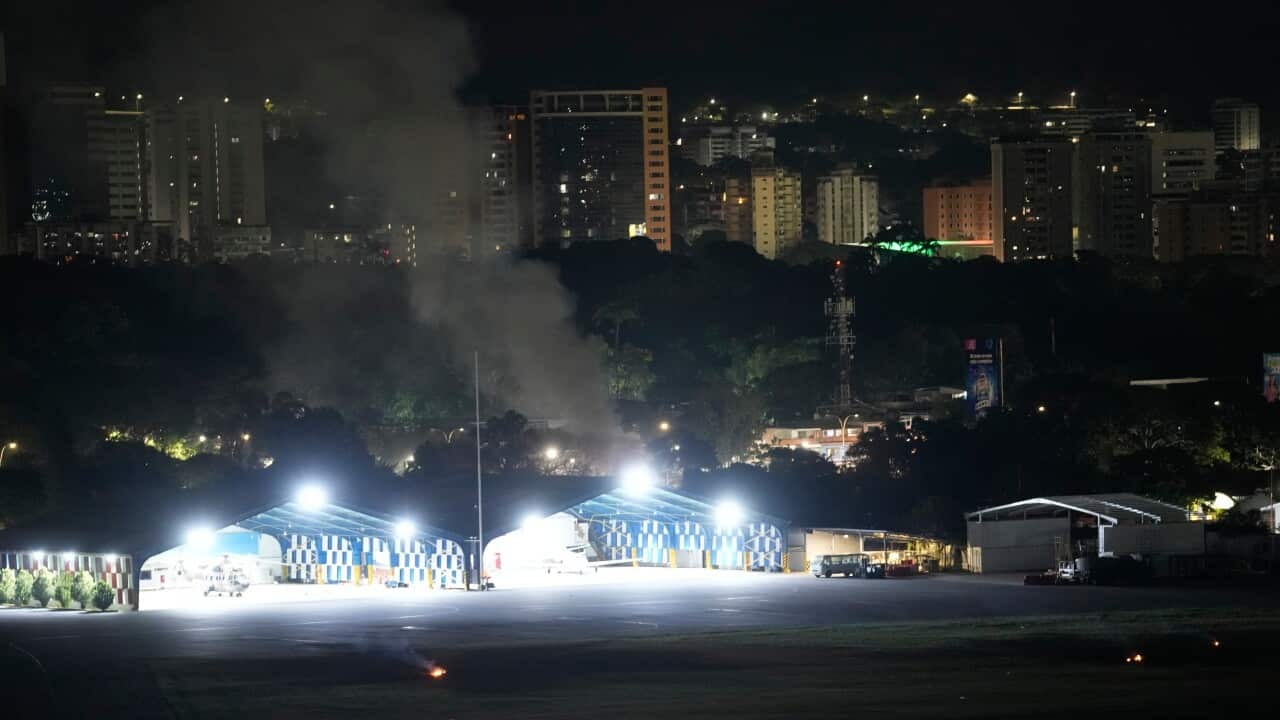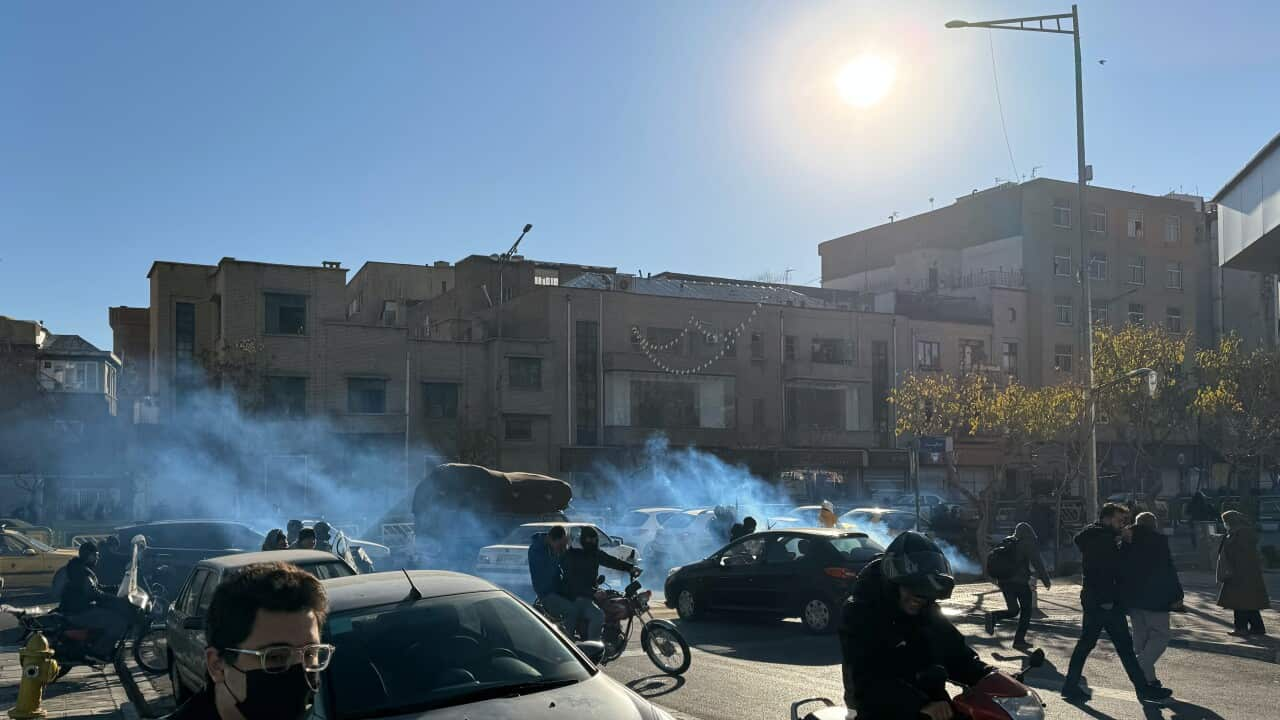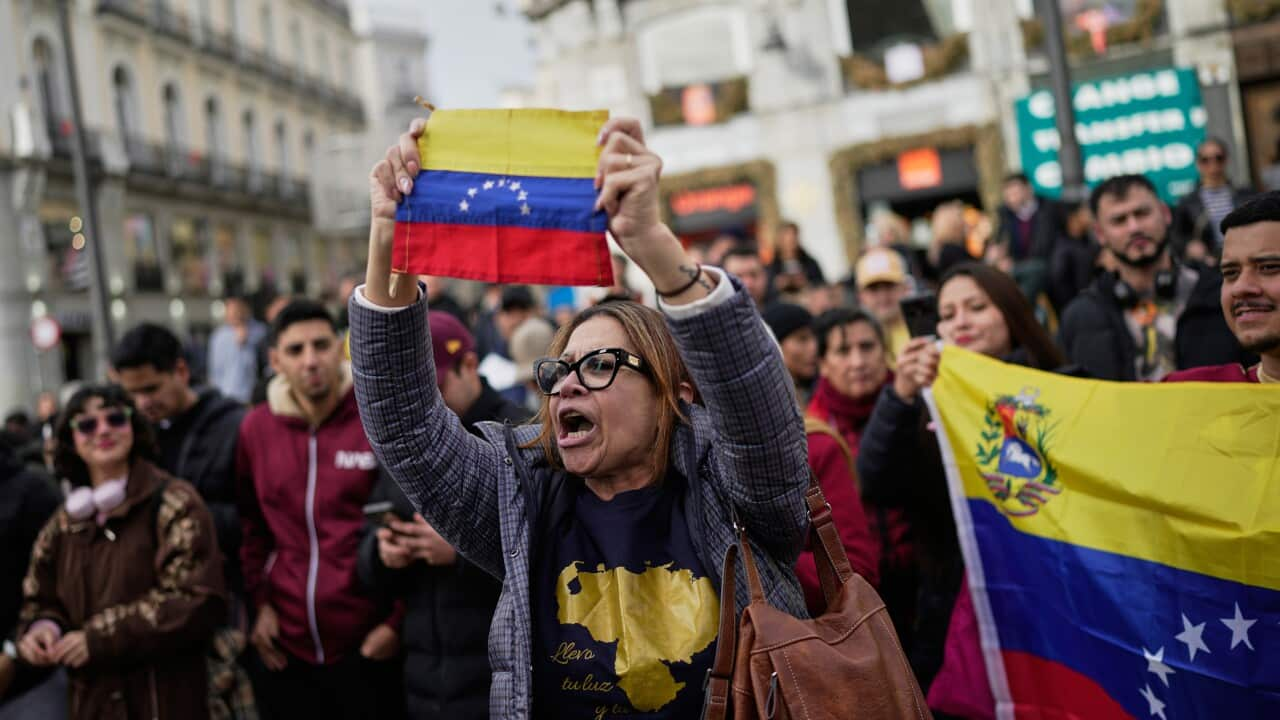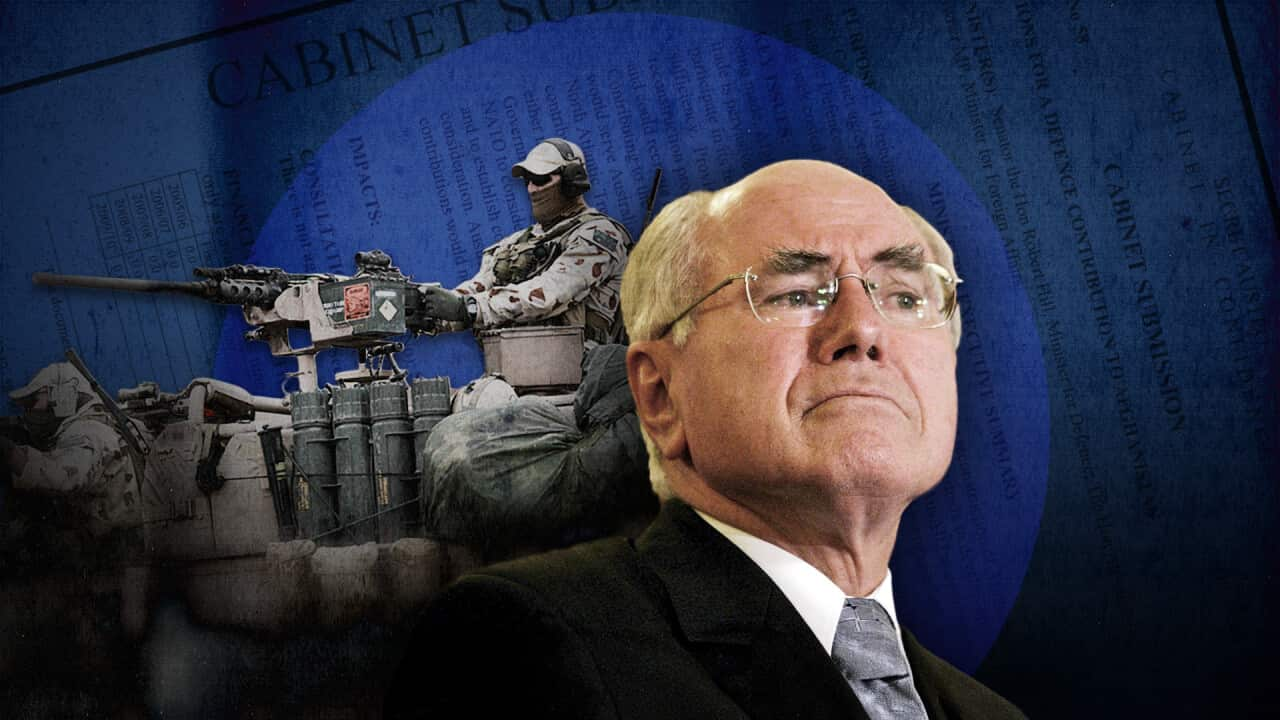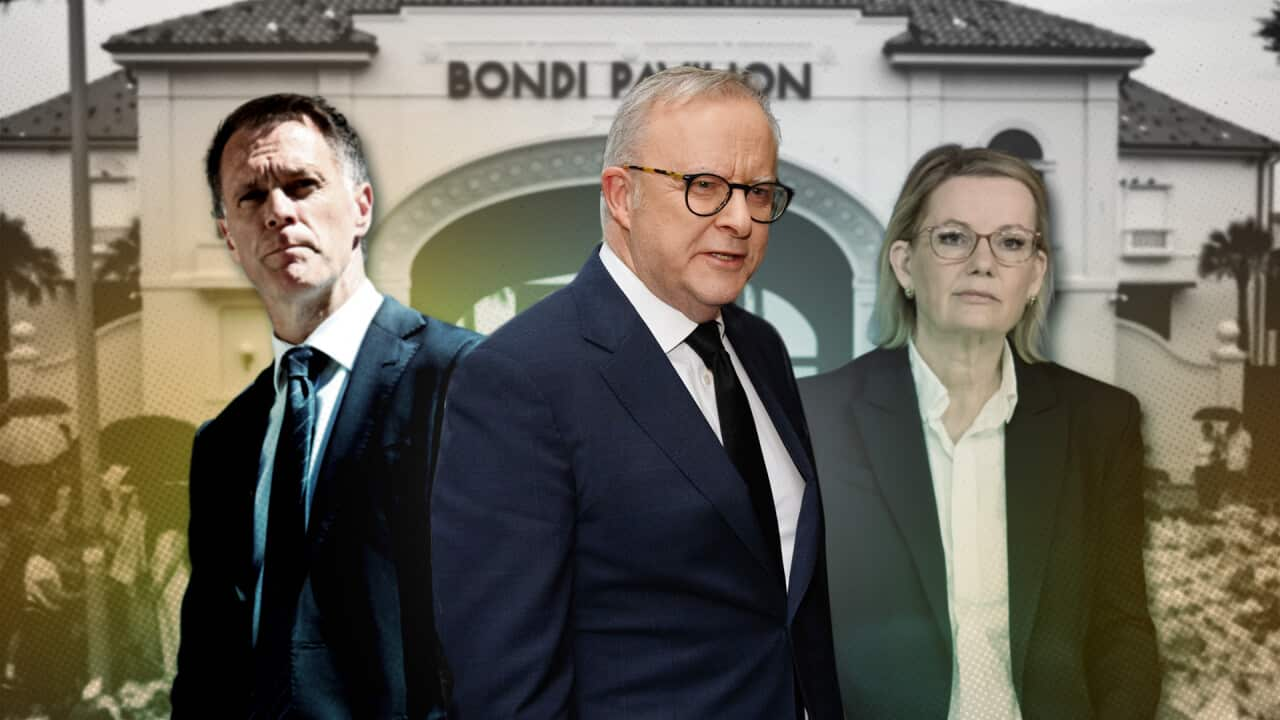TRANSCRIPT:
US White House press secretary, Karoline Leavitt, has delivered this message on behalf of the President Donald Trump.
"And I quote, 'based on the fact that there's a substantial chance of negotiations that may or may not take place with Iran in the near future, I will make my decision whether or not to go within the next two weeks.' That's a quote directly from the president for all of you today."
The message is intended to clarify whether or not the US will become involved in the Israel-Iran conflict.
So far, Mr Trump has kept the world guessing on his plans, veering from a proposal for a swift diplomatic solution to suggesting the US might join the fighting on Israel's side.
That would entail striking Iran's well-defended Fordo uranium enrichment facility, which is buried under a mountain and widely considered to be out of reach but for America's "bunker-buster" bombs.
But critics have observed that in the five months since returning to office, Mr Trump has issued a range of deadlines — including those to Russia and Ukraine, as well as to other countries in trade tariff negotiations — only to suspend or allow them to lapse.
Israeli Prime Minister Benjamin Netanyahu says the decision is ultimately in the hands of the US leader.
"I'm determined that we will achieve all our goals, all their nuclear facilities, we can do this, but the decision of the president (US President Donald Trump) whether he wants to join or not again is his decision. He will do what is good for the United States and I will do what is good for the state of Israel. And I must say that up until this moment, everyone is doing, what is called, any help is welcome."
The White House has confirmed Mr Trump is still hopeful of a diplomatic solution with Iran.
Ms Leavitt says any deal would have to prohibit enrichment of uranium and eliminate Iran's ability to achieve a nuclear weapon.
But that assessment contradicts congressional testimony from Mr Trump's intelligence chief, Tulsi Gabbard, in March — who said the US intelligence community continued to judge that Iran was not working on a nuclear warhead.
Chief of the International Atomic Energy Agency, Rafael Mariano Grossi, also confirmed in an interview with Al Jazeera that no such evidence has been detected.
"We said very clearly in that report that proceeded these dramatic events and the attack that we did not find in Iran elements to indicate that there is an active, systematic plan to build a nuclear weapon."
He also described the attacks on Iran's nuclear facilities — all being IAEA monitored sites — as "deeply concerning".
That includes an alleged attack on the Russian-built Bushehr nuclear power plant, condemned by head of Russia's nuclear energy corporation, Alexei Likhachev.
"We very much hope that the Israeli leadership will maintain a sober, balanced position in this regard. Because any strike on an operating gigawatt-class facility - and the capacity of the first block of the operating Bushehr reactor is 1000 megawatts — is a catastrophe comparable to, or perhaps even surpassing, all known nuclear accidents in the history of mankind."
An Israeli military spokesperson said Israel had struck the site.
But a military official later called this statement "a mistake", saying he could neither confirm nor deny that site had been hit.
Israel also struck Iran's main nuclear enrichment facility in Natanz and hit targets close to its heavy water facility at Khondab — formerly known as Arak.
Iran's atomic agency says there were no casualties and no risk to the area's residents.
In Israel, a hospital in the Israeli town of Beersheba was struck — destroying several wards and wounding 71.
IDF Spokesperson Effie Defrin has declared the attack a violation of international law.
"Let there be no doubt that the Iranian regime deliberately and maliciously shot at the hospital and a population centre with the aim of harming civilians. This is terrorism carried out by a state and a blatant violation of international law. The terror regime wants to harm civilians and even used today a spreading munition designed to spread the impact."
Another attack decimated the Weizmann Institute of Science — a public research university in Rehovot — wiping out years of scientific research.
Speaking in front of the ruins of one building, Professor Eldad Tzahor said they have to start again.
"Some of the stuff that we have been doing, you know, you can recover and regenerate. But other stuff, basically like samples, like tissue from animals, from patients, we cannot recover this. So we will have to start from the beginning. In terms of how long it will take, it really depends. I would say, on average, it will take us perhaps a year until the lab is up and running again."
As the conflict continues, Iran's foreign minister has confirmed he will meet counterparts from Germany, France and the United Kingdom in Geneva today.
The spokesman for the United Nations Secretary General, Stephane Dujarric, said the UN would not be participating in the meeting, but would be following for any developments.
In doing so, he reaffirmed that diplomacy is the best way forward.
"As we said yesterday, for the Secretary General for us, it remains clear that diplomacy is the only and best way forward. Let's see what comes out of this meeting, but the fact that there is a dialogue between Iran and those three European Union countries is positive in itself, but obviously we'll have to see what the outcome is."
Meanwhile, Australia has closed its embassy in Tehran, and all Australian foreign affairs staff and their dependants in the Iranian capital have been told to leave based on advice about the deteriorating security environment.
The Department of Foreign Affairs and Trade is deploying consular staff to Azerbaijan, including its border crossings, to support Australians departing Iran.
There are now more than 2,000 Australians who have registered for assistance to leave Iran, up from 1,500 on Thursday.
More than 1,200 Australians have also registered for assistance to depart Israel, where the airspace is closed.
